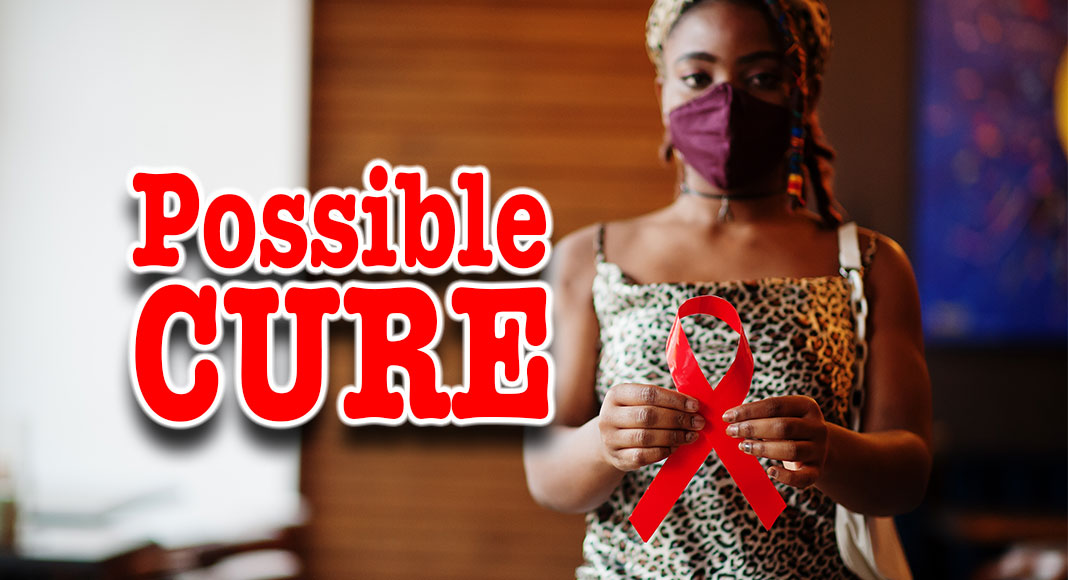
Mega Doctor News
By Uniformed Services University of the Health Sciences (USU)
Newswise — Bethesda, Md. – Researchers at the Uniformed Services University of the Health Sciences (USU) and Université de Montréal, Canada have discovered a way to potentially eliminate HIV-1 infection in infected individuals by using a new type of antibody-based therapeutics, according to a new study published Sept. 28 in mBio.
The study, “Across functional boundaries: making non-neutralizing antibodies to neutralize HIV-1 and mediate Fc-mediated effector killing of infected cells,” was led by Dr. Marzena Pazgier in the Infectious Diseases Division of the Department of Medicine at USU, and by Dr. Andrés Finzi’s group at the CRCHUM, the Université de Montréal’s affiliated teaching hospital research center.
HIV (human immunodeficiency virus) is a virus that attacks the body’s immune system, mainly cells called CD4 cells or T cells. If HIV is not treated, it leads to AIDS (acquired immunodeficiency syndrome), the late stage of HIV infection that occurs when the body’s immune system is irreversibly damaged. There are an estimated 38 million people in the world currently living with HIV, and tens of million who have died from AIDS-related causes since the beginning of the epidemic. Although HIV can be controlled with treatments, called antiretroviral therapy, there is no effective cure that could eradicate (remove) the virus from infected individuals. In this study, the researchers focused on HIV-1, and looked specifically at non-neutralizing antibodies, produced naturally as part of the body’s immune system response. In HIV-1 infected individuals, the highly vulnerable sites on the virus that can be recognized by non-neutralizing antibody types are hidden, and therefore cannot be used for therapeutic interventions.
The researchers were able to develop new antibody molecules that they refer to as Ab-CD4 hybrids, which can overcome this obstacle by exposing these otherwise hidden sites. Then, this enables them to neutralize the virus but also eliminate cells already infected that are like a “factory” producing thousands of infectious viral particles.
These Ab-CD4 hybrids are made by linking a non-neutralizing antibody to a portion of a primary receptor used by the virus for entry into a CD4 molecule. Upon linking the antibody and the CD4 molecule, these parts work synergistically to expose the hidden targets on the virus, allowing for effective anti-viral functions. When tested for ant-HIV activity, the Ab-CD4 hybrids inactivate various strains of HIV-1 by direct neutralization and then kill the HIV-1 infected cells through mechanisms involving host immune cells, such as those known as “natural killer cells.”
“This represents a new family of potent ‘weapons’ to the growing arsenal being built to achieve an HIV-1 cure,” Pazgier said.
By forcing the virus to expose its vulnerable sites, she added, these new molecules have the potential to eliminate HIV-1-infected cells in a living organism.
“While HIV infection can be controlled – and the rates of infection are lower in the military than in the general population – there is still a need to eradicate and cure HIV infection,” Pazgier said.
With this new development, the researchers believe this may someday be possible for HIV-1 infected individuals.











